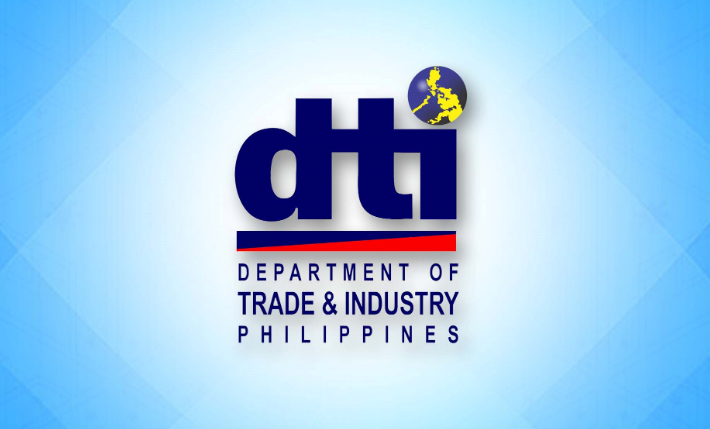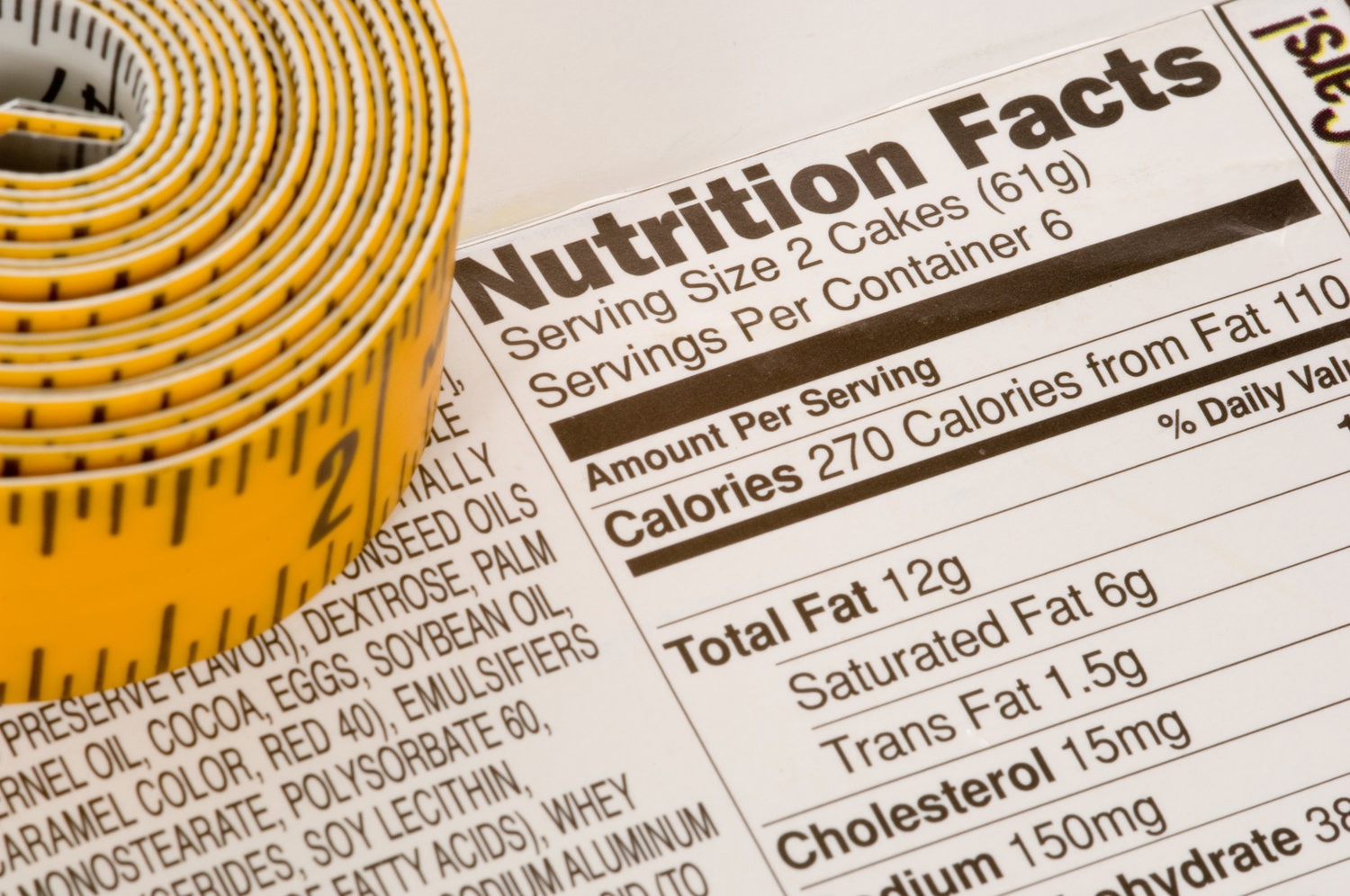
MANILA – The Department of Trade and Industry (DTI) is seriously considering banning online selling of vape products amid non-compliance and flagrant violations of the law by vendors, endangering the health and welfare of minors.
During the regular radio program “Konsyumer at Iba Pa” over DZBB, DTI Undersecretary for Consumer Welfare Group Ruth B. Castelo said the plan was discussed during a meeting Friday, July 21, with DTI Secretary Alfredo E. Pascual to tackle the vape products issue.
With that, Castelo said, the DTI is expected to issue a Department Administrative Order to ban online selling of vape products until such time that vendors and platforms can comply with the requirements under RA 119000 or Republic Act 11900 or the Vaporized Nicotine and Non-Nicotine Products Regulation Act, which bans the sale or distribution of vape products to persons below 18 years of age.
“If they (vendors) cannot comply, DTI will do everything,” said Castelo, and that includes going to the Supreme Court or Congress to temporarily stop online selling of vape products. Castelo also noted that e-commerce platforms are not doing enough to prevent the onboarding of non-compliant vape merchants.
Director Marcus Valdez II of the Consumer Policy and Enforcement Bureau also said of the possibility of DTI banning vape selling online. Before issuing a ban or disallowing online vape selling, Pascual would just like to ensure the legalities concerning such move.
Marcus reported that vape product vendors, either online or physical stores, are not allowed to sell vapes with flavor descriptors such as those with candy and fruit flavors like “turon, cheesecake …”, which account for the bulk of the violations. Only the regular tobacco and mint or menthol flavored vape products are allowed.
Vape products must also carry the signage “Product cannot be sold to minors.” Vendors are also required to have a testing area with ventilation and must check the ID of a buyer. In addition, there is no selling of vape items within 100 meters from center of activities like playgrounds and amusement centers.
Meantime, Director Fhillip Sawali of the DTI Fair Trade Enforcement Bureau (FTEB), reported that since the law took effect on December 28, 2022, the DTI has implemented full blast monitoring, prosecution and adjudication activities. They have 15 online monitoring units that go to the market everyday.
So far, the FTEB teams have monitored 679 physical stores of which 283 are compliant and 247 with violations and issued show cause orders (SCOs) or notice of violations (NOVs), while 149 have already closed shops.
FTEB has also monitored 37,808 online shops where 274 are compliant and 1,649 violators.
The majority of 35, 885 are deemed compliant but have no complete address and have been issued show cause orders.
There are a total of 38,998 online vape merchants for the National Capital Region only of which
DTI already filed formal charges against 109 vendors pending with adjudication division and one against an e-commerce platform. A total of 201 merchants have also been issued SCOs.
Castelo pointed out that vendors were given enough time to comply with the law, which took effect on Dec. 28, 2022. At first, she said, they “handhold” the vendors as they continue to implement the rules, including the issuance of Joint Administrative Order 22-01.
However, she said, the violations continued and becoming flagrant. DTI noted that one e-commerce platform received one million sellers but only 163 were removed for violations. Another platform took down 1,000 sellers but 2,000 came back because they can just easily change or mispelled their names.
“So, the effort they exert to clean up is not enough or sufficient as against hundreds of thousands of sellers. It is easy to be onboard,” Castelo said.
Aside from the current rules and regulations, the DTI Bureau of Product Services is also in the process of certifying vape product manufacturers.
Engr. Frances Irene Bisquera, BPS subsection head standards conformity division, reminded
that vape manufacturers have only until June 6, 2024 to comply after which the DTI can already confiscate vape products with no BPS marks — PS mark for local and ICC for imported items.
So far, Bisquera said none has sought or started their mandatory certification process, only expression of interest.
The certification process will take two months because the product has to comply with technical regulations.
“We are encouraging them to check the requirements for technical regulations,” said Bisquera stressing that products without the required BPS marks will be confiscated starting June 6, 2024. (MB)







